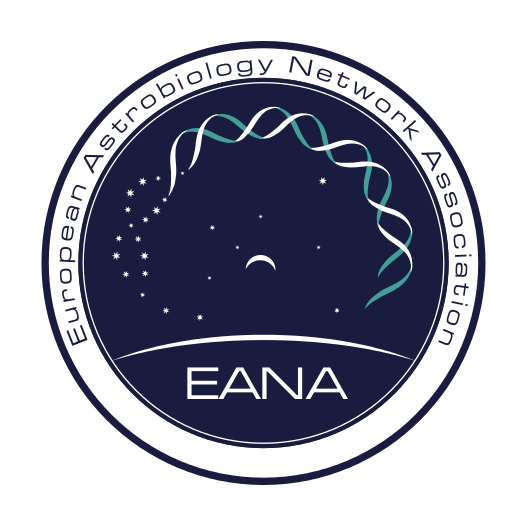European and National Activities
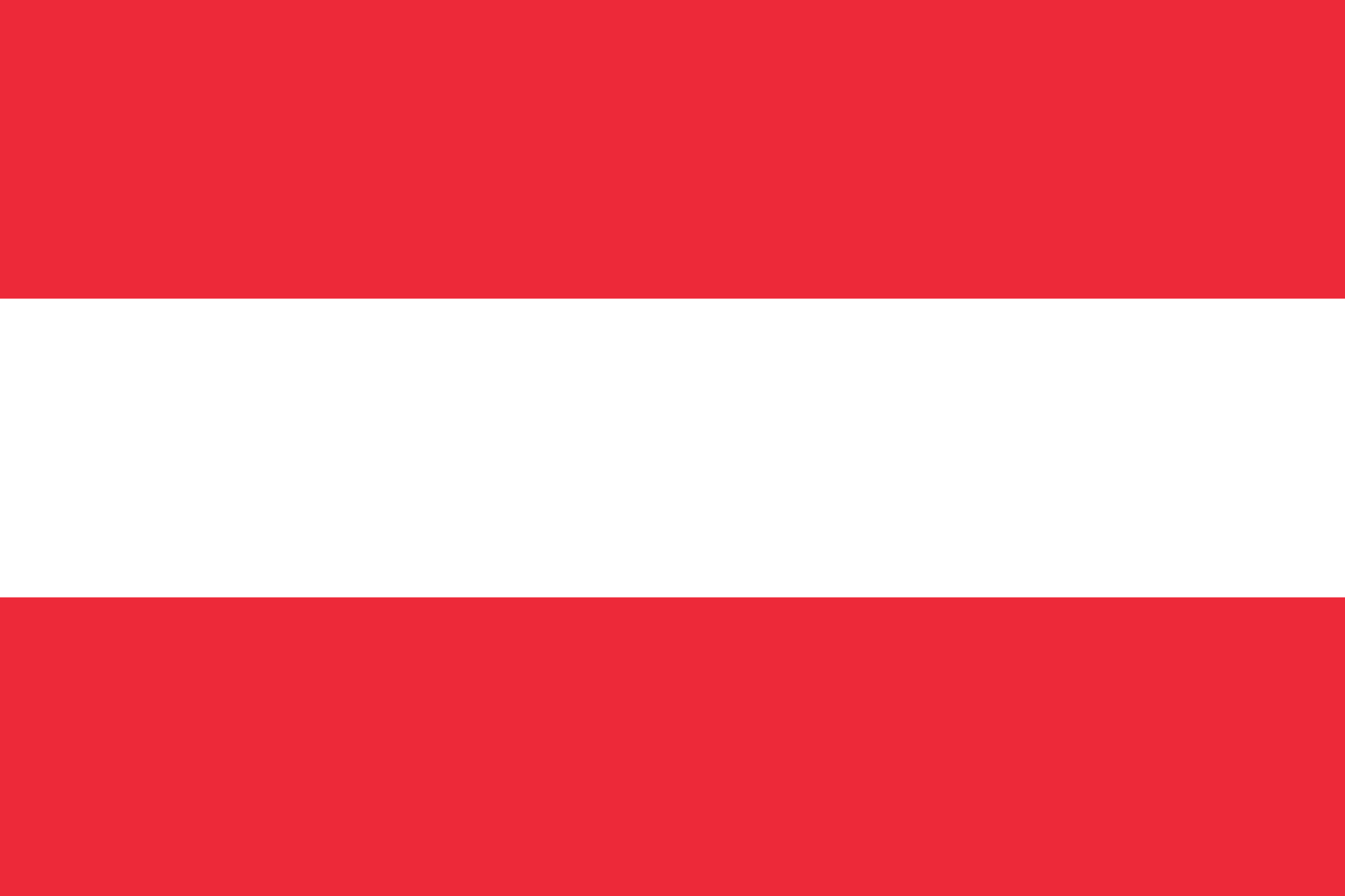 Austria
Austria
Contact:At the Space Research Institute (IWF) of the Austrian Academy of Sciences (OeAW) in Graz the group Exoplanet weather and climate works on questions like how and which clouds form on these exotic worlds or how they affect the local chemical composition and the atmosphere structures. Further, the group Solar system planetary physics derived a formulation for the estimation of the maximum amounts of Earth-like habitats in the galaxy by considering realistic probabilistic biological, astrophysical, and geophysical requirements that have to be met for a rocky planet within the habitable zone of complex life with an N2-O2-dominated atmosphere to evolve.
At the Medical University of Graz, studies were conducted regarding the human microbiome and its effects on space traveller’s health during long-term space missions. This knowledge will also be incorporated into the work of ESA's Life Science Working Group (LSWG). Further, they were part of the JUICE bioburden sampling campaign in the frame of the "Microbial Biodiversity analyses of space" project.
The Impact Research Group at the University of Vienna (Department of Lithospheric Research) continued to perform investigations of impact cratering events in Earth history and their effects. In collaboration with Joanneum Research and the OeAW, contributions were made to the Mastcam-Z team of the Mars Perseverance rover, especially with respect to AI detection of rock types in images. The Star and Planet formation group at the University of Vienna studies habitability of planets by considering both the planet and its host star and their co-evolution in context. The group has been modeling upper-atmosphere processes in terrestrial exoplanets, especially also in the context of new observational data obtained with MIRI and NIRSpec on JWST, and in preparation for the upcoming space missions of Ariel, PLATO, and Smile.
At the University of Innsbruck, the interdisciplinary Seminar "Astrobiology" is regularly offered in the summer term.
In Mar/Apr2024, the Austrian Space Forum, in cooperation with the Armenian Aerospace Agency and research teams from 25 countries will conduct the AMADEE-24 Mars simulation in the fields of geoscience, robotics and human factors. The aim is to look into the operational aspects of life-detection methods for future human-robotic Mars surface missions and explore the robustness and efficiency of the workflows.
 Belgium
Belgium
Contact:In Belgium, the Astrobiology community is gathered around one academic structure, the Astrobiology Contact group, supported by the FNRS since December 2006. The initiative is led by Pr. Emmanuelle Javaux and Pr. Véronique Dehant. It involves 7 universities (ULG, KUL, UCL, VUB, ULB, FNDP, VUB and UGent) and 4 federal institutions (ROB, Royal Museum Tervueren, SCKCEN and BIRA-IASB). This group organizes yearly meetings, public lectures, workshops and one interdisciplinary Master course at the Université de Liège. The expertise of the involved research groups spans the whole range of disciplines astrobiology encompasses: life science, paleontology, geology, chemistry, geophysics, as well as space science exploration, astronomy and astrophysics and even law and philosophy.
Some examples of the latest results can be found on the astro.oma.be website:
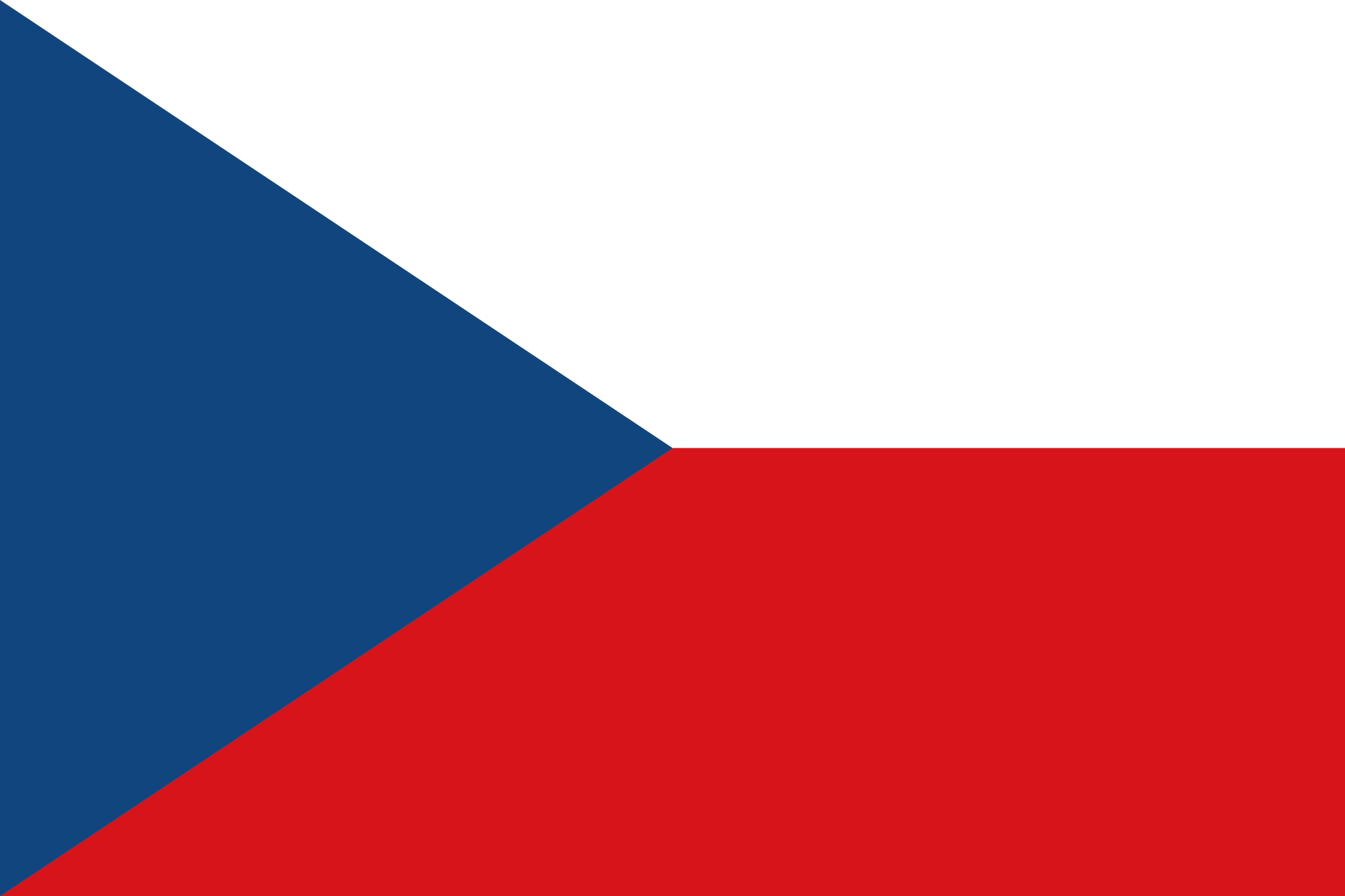 Czech Republic
Czech Republic
Contact:- Astrobiology community is rather small in the Czech Republic.
- A number of researchers participate in the areas close to astrobiology - extreme microbiology, geobiology, planetary geology, astronomy.
- Participation in ESA projects supporting technical development and instrumentation for minisatellites.
- Development, application and field deployment of instrumentation for biomarkers/biosignatures detection in rocks.
- Projects dedicated to very different aspects of astrobiology are developed in the Czech republic in the frame of groups from the Universities and the Czech Academy of Science.
- Biology groups working on arctic and polar areas cooperate with the Exobiology group at Geoscience (both Charles University, Faculty of Science).
- Important research with major implications to the high energetic processes in Space is developed at Josef Heyrovský Institute of Physical Chemistry of the Academy of Science of the Czech Republic (http://www.jh-inst.cas.cz/www/, Astrochemistry and Plasma Chemistry).
- Teaching of basic astrobiology is a part of curriculum at master level at Charles University in Prague (one course in Bioscience, one course in Geoscience both Faculty of Science, one course in Faculty of Mathematics and Physics) and at Faculty of Science, Masaryk University in Brno.
- Studies on extremophilic cyanobacteria and other microorganisms in rocky environments, development and application of analytical protocols (spectroscopy) for astrobiology studies in terrestrial analogs or for future applications beyond Earth.
- Web hub Czech Astrobiology collects information about activities of different groups dealing with astrobiology of fields of relevance for astrobiology:
http://astrobiology.cz/ - Charles University webpage:
https://web.natur.cuni.cz/ugmnz/exo/
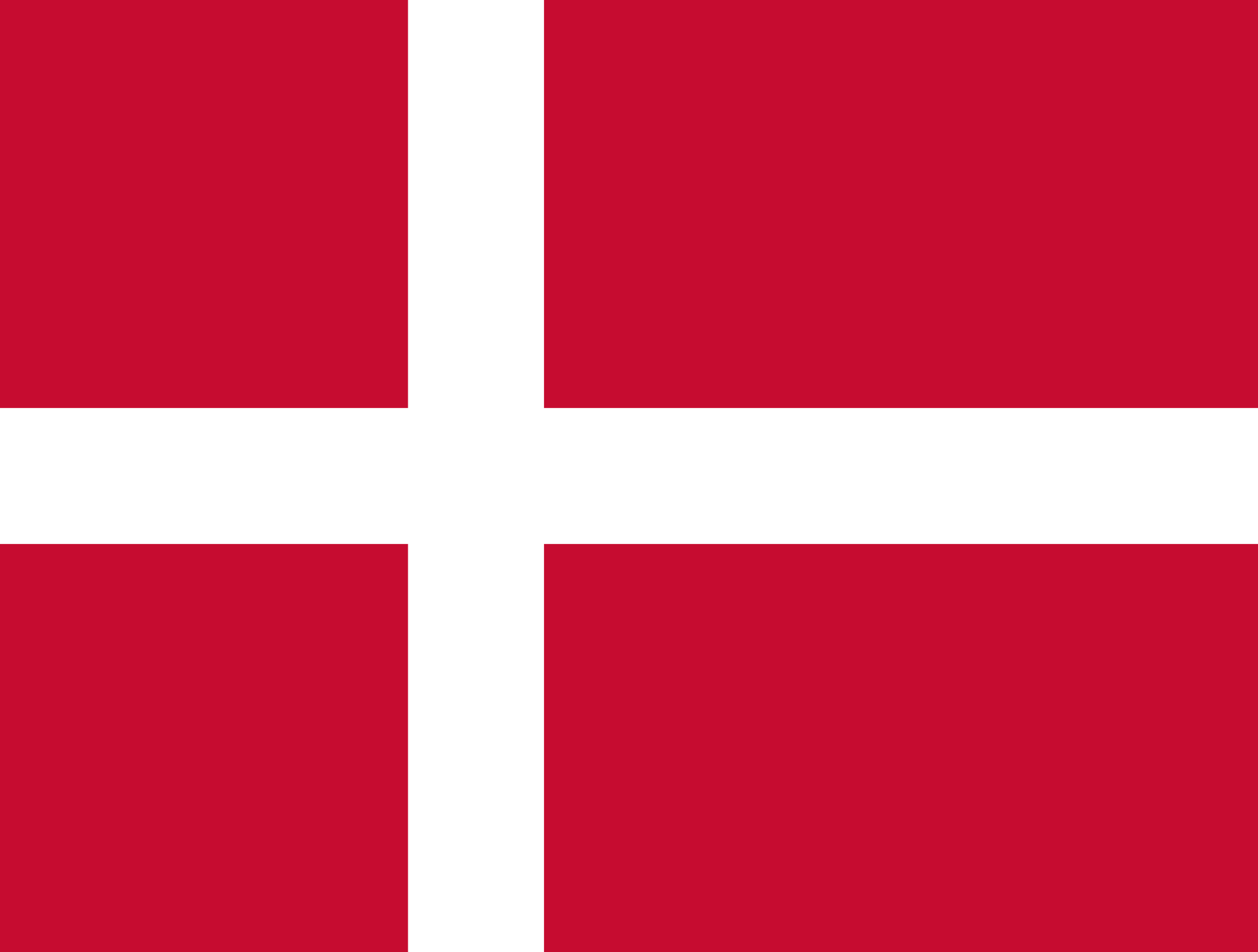 Denmark
Denmark
Contact:At University of Copenhagen, Centre for ExoLife Sciences (CELS; cels.nbi.ku.dk/english) combines skills within astrophysics, atmospheric chemistry, microbiology and cloud formation modelling to study the conditions on Earth, Mars, and exoplanets and how life may affect the large-scale structure of their atmospheres. We have constructed an extensive grid of 1D exoplanetary model atmospheres from Teff = 300K to 3000K, including fully self-consistent cloud formation and host-star irradiation. We have collected bacteria in cold and dry environments and studied the adaptations of these bacteria to Martian-like conditions and quantified their production of volatile organic compounds. In addition, we have measured the spectral absorption of these potential biosignatures and included their signatures and chemical reactions into computer models of exoplanet atmospheres, including models on the influence of volatile organic compounds and bacteria on Earth and exoplanet cloud formation.
We will hold a conference: “Are we a unique species in a unique planetary system– or just the ordinary Galactic standard?”
The conference will take place in Copenhagen, Denmark, from Tuesday July 30 to Friday August 2, 2024.
At Aarhus University (https://projects.au.dk/marslab), we are studying abrasion of minerals caused by wind-driven erosion and the reactions that take place between the gasphase and the mineral surfaces during abrasion. We are particularly interested in the fate of methane and the role the abrasion of minerals can play. As an outcome of our studies, we have discovered that 3 major greenhouse gases (CO2, CH4 and N2O) are either sequestered or oxidized while sand is abraded. Consequently, this process may affect the composition of a planet's atmosphere. We are also investigating the interaction between abraded minerals and microorganisms and could show that newly produced mineral surfaces of some minerals effect the habitability of a planet (https://youtu.be/byEWN0QrZdg). We are going to study how this process effects biosignatures.
We are also studying the role of microorganisms in cloud formation and how and to what extend they effect weather and climate on a planet. More information
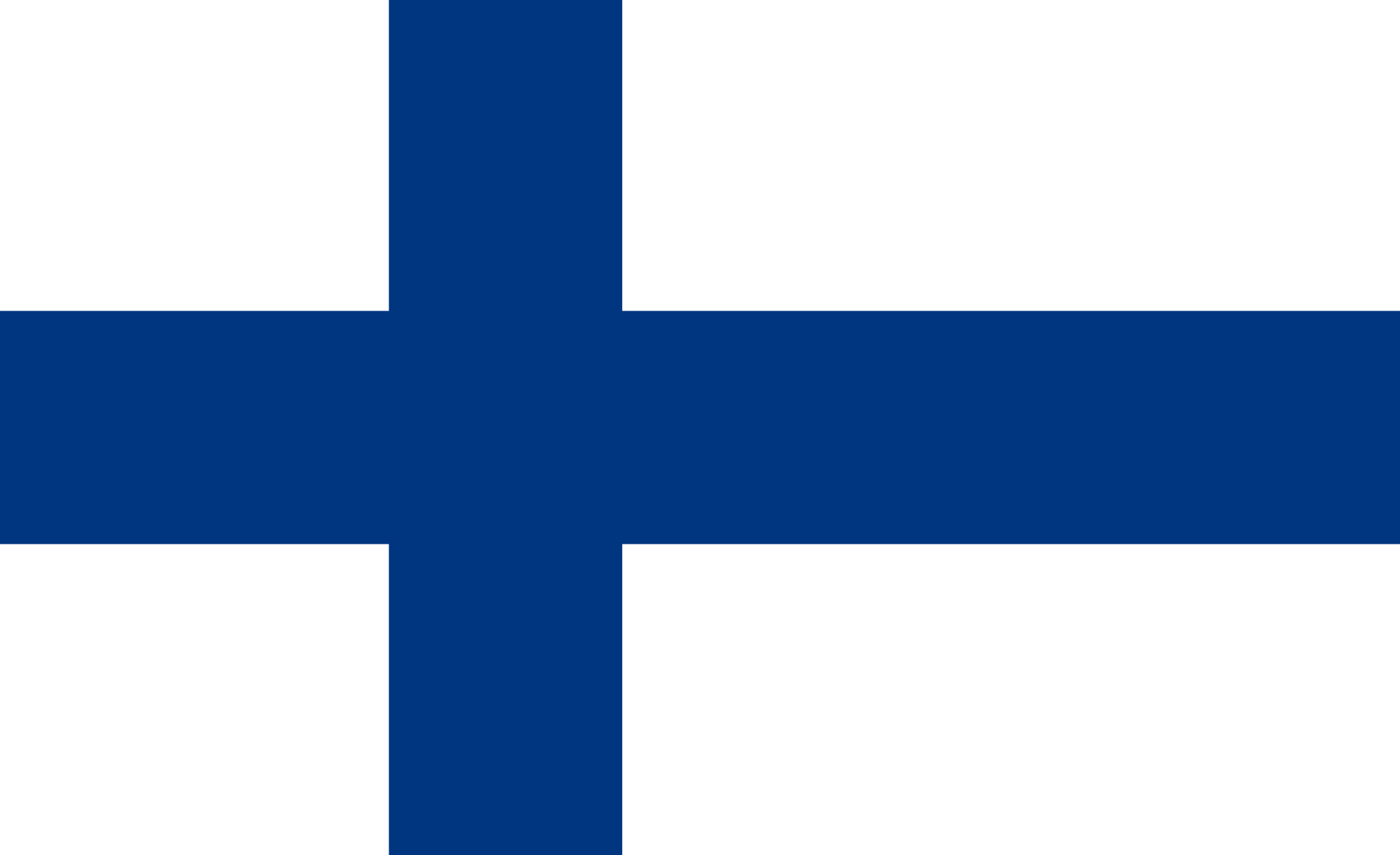 Finland
Finland
Contact:We have launched a webpage with information about Finnish astrobiology-related research and contact persons, and blog about different thesmes on astrobiology. The webpage can be found at astrobiologia.fi. In Spring, Finnish astronomical association Ursa hosted a public lecture about JUICE mission and potential on finding life in Europa other Jupiter's icy moons. This and other Ursa’s public lectures are available at their Youtube channel https://www.youtube.com/playlist?list=PLZ9sWJjR_MfHhd91n028rbVlGVNkmTU3r
Both University of Turku and University of Helsinki has introductory courses to astrobiology in their curriculum.
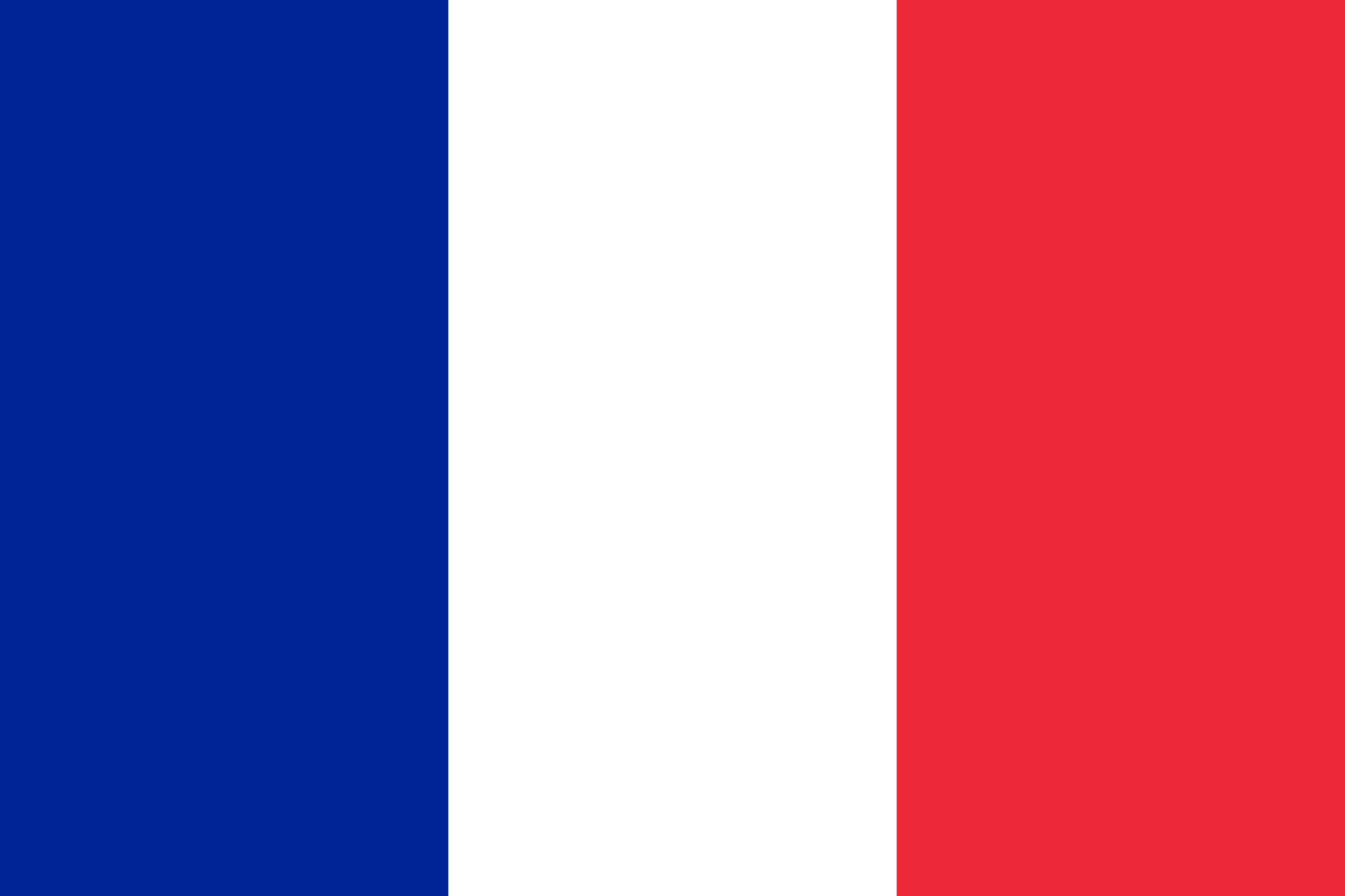 France
France
Contact:Most of the activities - including pedagogical ones - in the field of Exo/astrobiology in France, are reported on the website of the French Society of Exobiology (SFE: Société Française d'Exobiologie).
- In 2023, one major national event was the obtainment of the PEPR Origins "From Planets to life" from the France 2030 Progamme de Recherche. This PEPR Origins is a national project funded with 45.5 M€. The subject of PEPR Origins concerns the origins of the Universe and life. The challenge is to detect exoplanets likely to harbor life, look for evidence of this in samples from Earth or Mars, understand what makes the Earth a "habitable" planet, and understand the appearance of life. 5 axes formed this project:
- Axe 1 : Detection and characterization of exoplanets by direct imaging;
- Axe 2 : Analysis of space samples, with or without biological risks;
- Axe 3 : The study of the Earth in its entirety as a habitable planet;
- Axe 4 : Laboratory experimentation in exobiology and bio-analysis of samples from ancient Earth or Mars;
- Axe 5 : Numerical modeling and data analysis.
- A new local action in Astrobiology has been launched in Bordeaux that gather 120 researches from 14 laboratories.
- The National Exobiology Conference will be held in Grenoble in November 7th to 10th 2023 and will gather up to 120 attendees.
- The Groupement de Recherche PILSE organizes from November 22th to 24th at Villa Clythia, Fréjus, France a workshop entitled "The Organic matter in all its states". Meeting between researchers from Chemistry and Univers Sciences as part of the development of methods for extracting the organic matter and analytical methodologies for its analysis. The approaches between these different communities can be complementary, our objective is to create times of exchange to bring out new approaches and potentially new collaborations around these themes.
- Astrobiology Introductory Course RED'23 has been held 12-18 March 2023. The next RED'24 will be held from 17-23 March 2024.
- New Astrobiology courses online: Astrobio Education: https://astrobioeducation.org/fr/
- Exobiology Seminar on the youtube channel of the Société Française d'Exobiologie
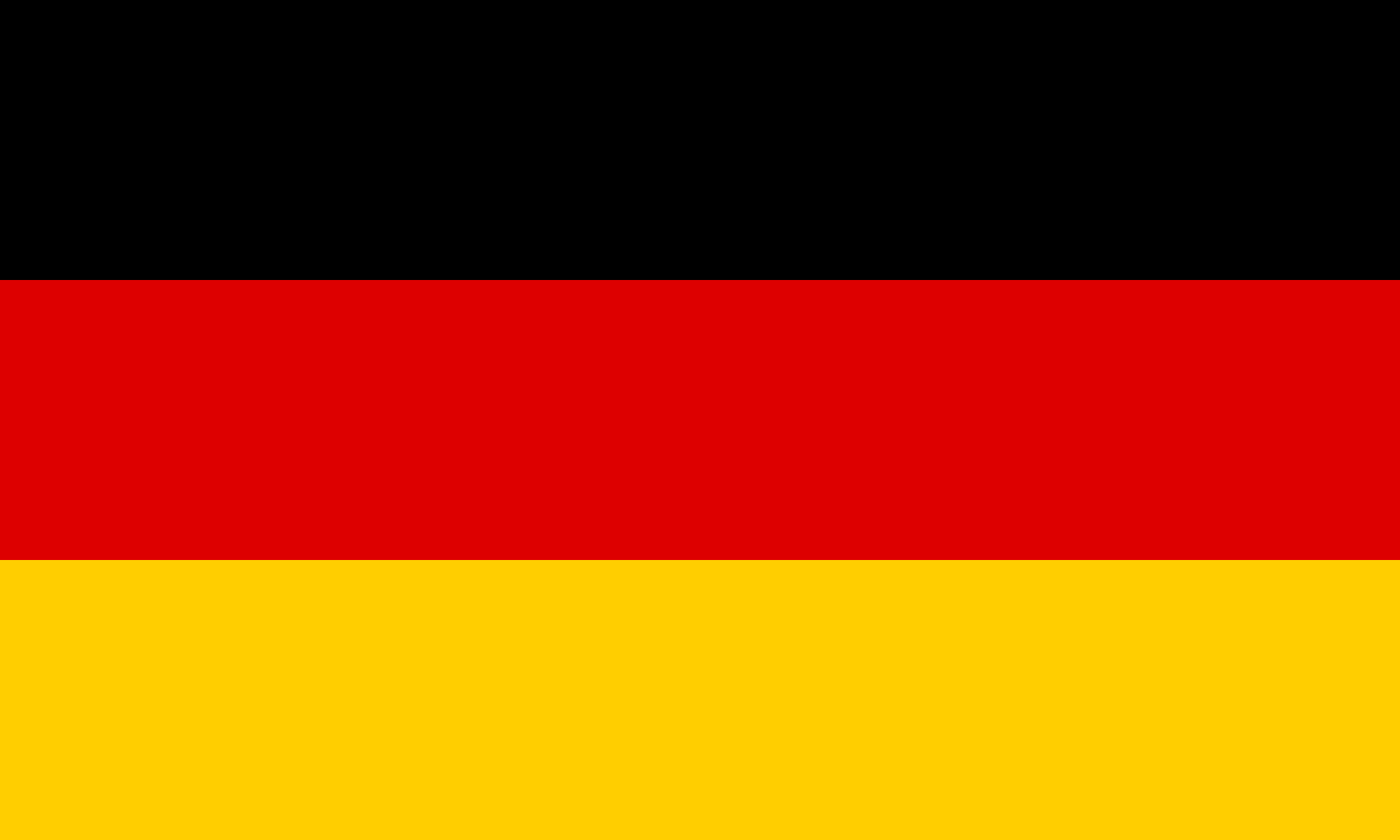 Germany
Germany
Contact:The German Astrobiological Society (DAbG) serves as an umbrella organization for all colleagues who do astrobiological research and teaching in the German-speaking area (see www.astrobiologie.de). The DAbG holds annual workshops. The last one was held at the German Aerospace Center (DLR) in Berlin from 6-8 September 2023. Among the main objectives of the DAbG are
- promoting research and teaching in astrobiology,
- cooperation with international astrobiology organizations,
- promoting scientific cooperation in the field of astrobiology,
- promoting university teaching of astrobiology,
- popularization of astrobiology in the German-speaking public, and
- supporting young scientists.
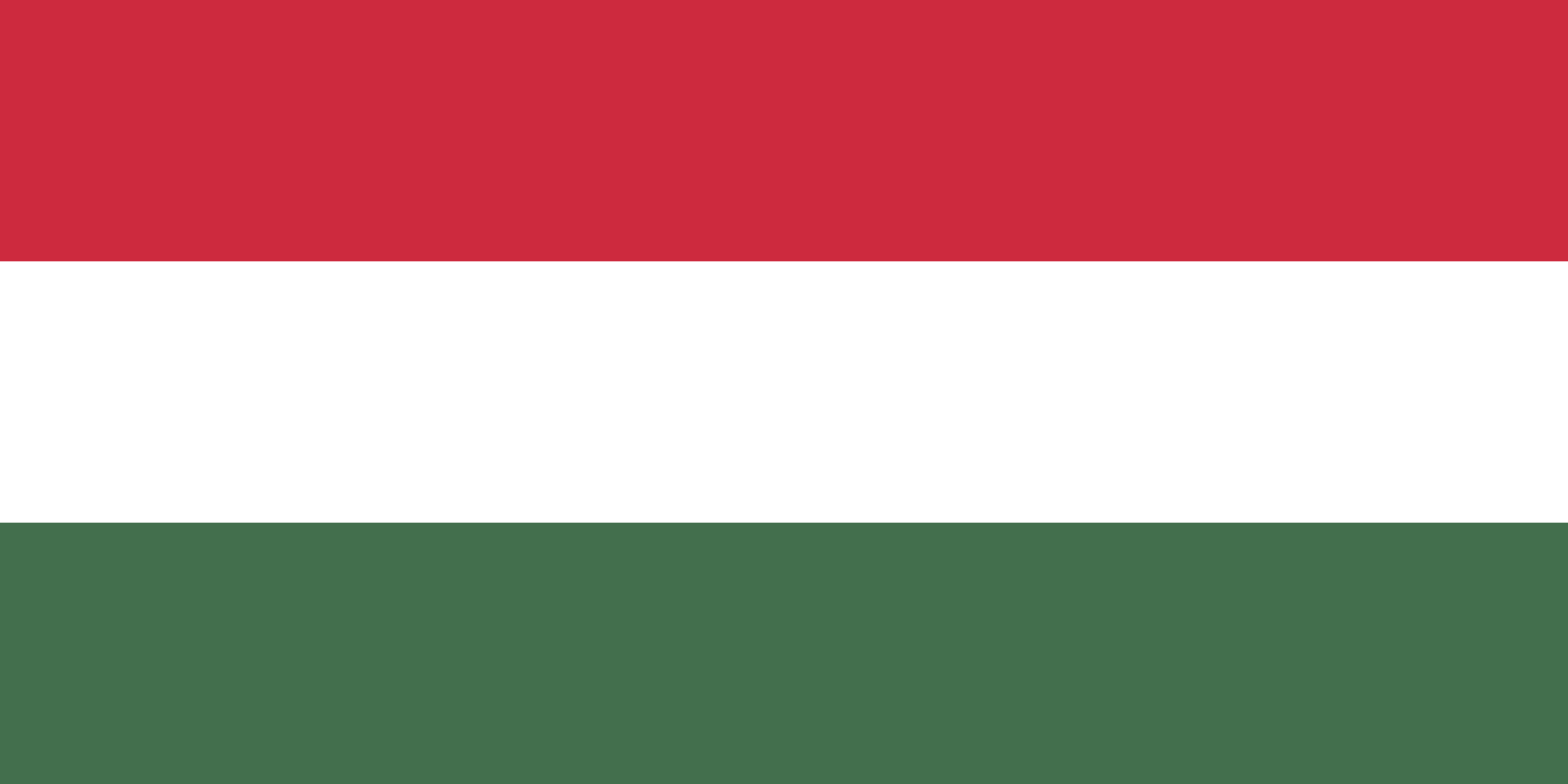 Hungary
Hungary
Contact:Astrobiology activities in Hungary covers the following topics:
- research on planet formation (Brasser R., Kóspál Á, Ábrahám P.), dynamics of planetary evolution (Regály Zs), exoplanets (Kiss L., Szabó R.), early Earth conditions around the origin of life (Mojzis S.), past and present water on Mars (Kereszturi A., Pal B., Steinmann V.) at Konkoly Astronomical Institute, CSFK, HUN-REN,
- research on microbial mineralization (Polgári M., Gyollai I.) at Institute for Geological and Geochemical Research, CSFK, HUN-REN,
- research on origin of life focused on the development of the RNA world (Kun Á.) at Eötvös Lorand University, Department of Plant Systematics, Ecology and Theoretical Biology
- research on major transitions in evolution, early replicators, chemical evolution (Szathmáry E., Szilágyi A., Zachar I., Könnyü B., Czárán T.) at Centre for Ecological Research, Institute of Evolution
- research on photosynthetic activity under extreme conditions and cryobiological aspects (Dulai S., Marschall M.) and on cryptobiotic crust (Pócs T.) at Eszterhazy Karoly Highschool
- contribution in astrobiology in Hungary are related space missions: CHEOPS, PLATO, ARIEL, Franklin Rosalind ExoMars rover
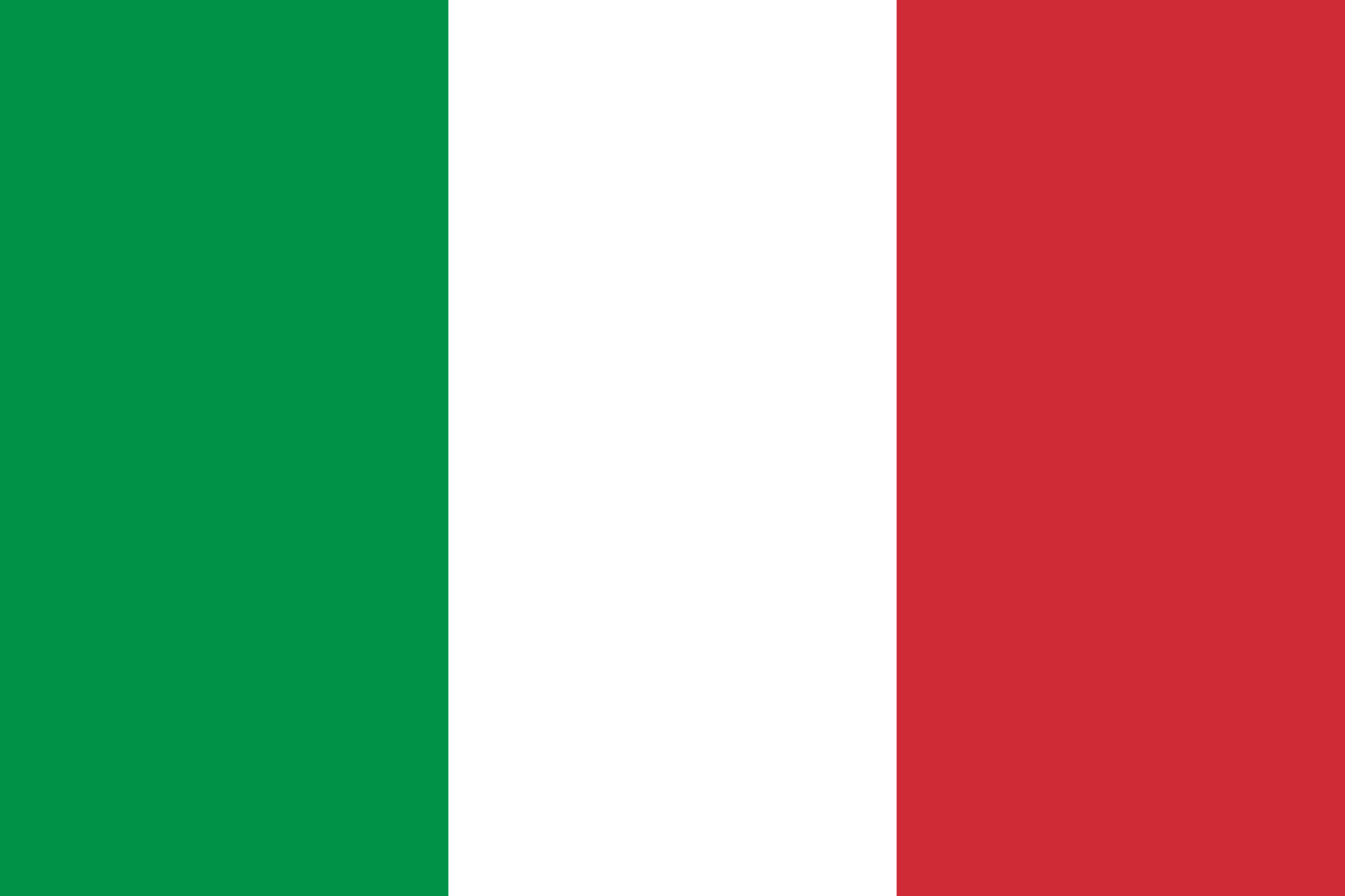 Italy
Italy
Contact:Research, education, and outreach/communication in astrobiology in Italy are promoted by the ASI-Italian Space Agency, SIA-Società Italiana di Astrobiologia, INAF-Istituto Italiano di Astrofisica e l'IAI-Istituto Astrobiologico Italiano-Rete dei laboratori Nazionali di Astrobiologia as well as in many Italian Academies. Several Italian Institutions are also involved in EAI-European Astrobiology Institute.
In 2020-2021, ASI created an Astrobiology Working Group, organized the first Astrobiological Workshop, and published the first Italian Astrobiology Roadmap. To stimulate contribution from the Italian community and to support the Italian scientists to the MRS-Mars Sample Return Mission, starting from 2020, INAF organized a successful Mars Sample Return-workshop series (the last one will be in June 2024). The recent re-organized SIA is organizing Italian Astrobiology Conferences each two years.
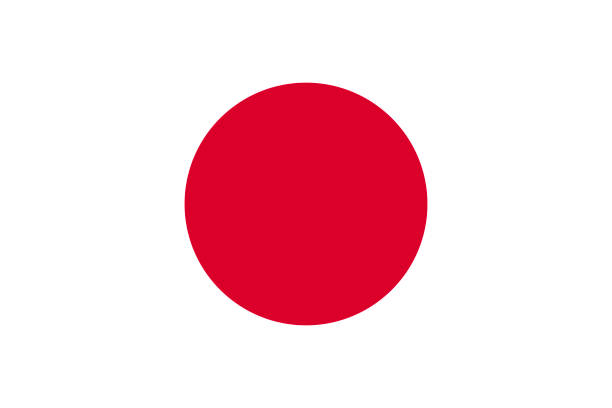 Japan
Japan
Contact:Astrobiology activity in Japan has been mainly conducted by Japanese Astrobiology Consortium (NINS astrobiology center + Tokyo Institute of Technology Earth-Life Science Institute), Society for the Study of the Origin and Evolution of Life and JAXA.
Japanese Astrobiology Consortium (JABC)
NINS Astrobiology Center (ABC)
- Operation of exoplanet instruments and Promotion of Astrobiology Research.
- Advanced the study of photosynthesis and photosynthetic fluorescence in Antarctic algae and linked it to photosynthesis research on exoplanets as extreme environments.
- Development of astrobiology in Japan, and Consortium: ABC Call for collaboration proposals. A total of 214 cases in 35 institutes since 2015.
- ELSI was founded by support of MEXT (government) in 2012. In 2022, the supporting system was changed to university-supported institute.
- A novel integrated graduate course “ELSI course” started in 2022. Interdisciplinary education program (life science – chemistry – earth planetary science) is supplied to the students.
- AbGradCon 2021 was held in Japan.
- Annual meetings were held in March 2022 (on line), March 2023 (on site at ELSI).
- Summer schools were held in August 2022 and 2023.
- SSOEL cosponsored JpGU astrobiology session in May 2022 and 2023.
- Collaboration with EANA is highly expected (e.g., joint meetings): Contribution to Viva Origino (academic journal) is highly welcomed.
- Succession missions of the Tanpopo mission (Tanpopo 2, 3 and 4) was conducted. In 2022, as the first experiment on the EXBAS platform was used in Tampopo 4.
- Researches on microorganisms that inhabit similar environments on Earth, aiming to expand knowledge and techniques for astrobiology missions have been conducted.
- Basic technologies for efficient sterilization and decontamination of microorganisms for planetary protection have been developed.
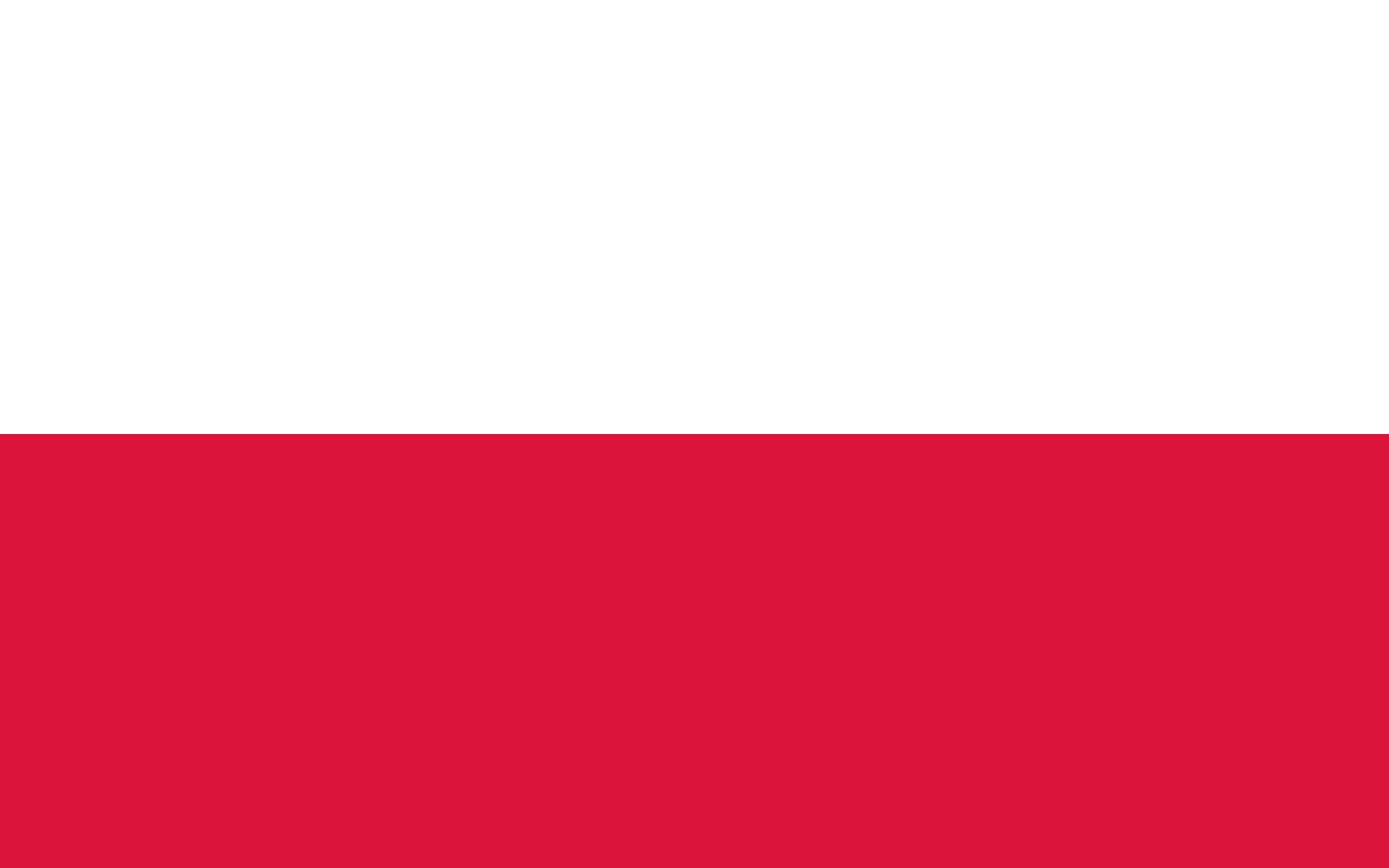 Poland
Poland
Contact:The Polish astrobiology is represented by CASA* (Centre for Advanced Studies in Astrobiology and Related Topics), which since 2007 is formally organized as a consortium of five Founding Institutions: the Nicolaus Copernicus Astronomical Center (CAMK) of the Polish Academy of Science (PAS) in Warsaw, the Space Research Center (CBK) of PAS in Warsaw, the Institute of Paleobiology of PAS in Warsaw, the Nicolaus Copernicus University in Toruń and the University of Szczecin. The Headquarters of CASA* is the Faculty of Exact and Natural Sciences of the University of Szczecin. CASA* is coordinated by Franco Ferrari and Ewa Szuszkiewicz. The main goals of the Centre are to stimulate, perform and coordinate interdisciplinary research in astrobiology in Poland; to develop advanced technologies and to promote their commercial exploitation; to promote the collaboration on astrobiological topics of Polish research teams with other countries in Europe; to train the next generation of astrobiology researchers and to increase the public awareness for science.
Astrobiology is also present at the Polish Academy of Sciences in the Committee on Space and Satellite Research (KBKiS). This is one of the Task-force Committees – specially-selected teams of experts for addressing specific tasks. It is affiliated with Presidium of the Academy. One of the subdivisions of KBKiS is devoted to astrobiology and space medicine. Its aims are to promote broader awareness of research findings and also support the development of these specific fields.
Since 2021, there is a new element of the astrobiological landscape in Poland, namely Polish Astrobiological Society gathering mainly early career researchers, PhD and MSc students.
There is an active collaboration between CASA*, KBKiS and the Polish Astrobiological Society.
Since 2003 Poland is a member of the EANA (European Astrobiology Network Association) network of the European nations active in astrobiology. Thanks to this long-standing European cooperation and other very successful initiatives in the field (like the COST Action "Origins and Evolution of Life on Earth and in the Universe" (2014 – 2018) in which the Polish research groups were very active), the two Polish universities: University of Szczecin and Nicolaus Copernicus University in Toruń joined the European Astrobiology Institute (EAI) created in 2019, which is a continuation of the vigorous research carried out during the COST Action "Origins".
The 2023 activities include among others:
- ESA Campaign: Call for Polish activities to fly on ISS. On 28 October 2023, an astrobiological experiment prepared by CASA* has been selected for implementation.
- Polish Astrobiological Society Conference: "Life and Space 2023", online event, 1-3 December 2023.
The webpage of the meeting: https://astrobio.pl/las2023/ - The new AGH Space Missions Simulation Laboratory will be built in Cracow in 2024: Astronaut training facilities for students. The construction of the buildings of the Space Technology Park in Nowy Kisielin has been finished on June 30, 2023. The Park will host a Center for the processing and interpretation of satellite data and Civil Satellite Navigation Systems as well as laboratories for space medicine; materials engineering and strength tests; satellite electronics and FPGA systems; robotic systems and artificial intelligence, as well as cryptography and counteracting cyber threats.
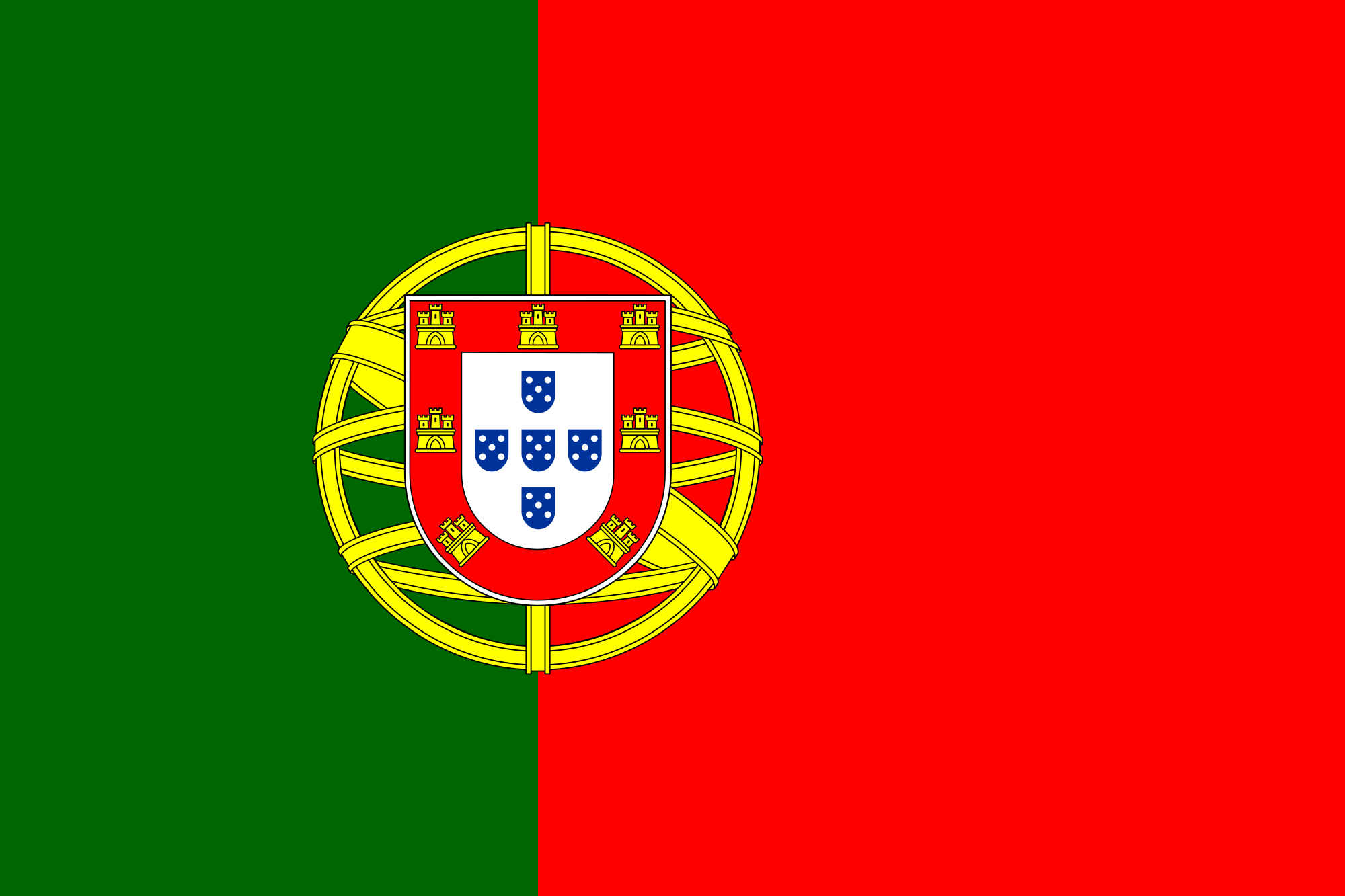 Portugal
Portugal
Contact:Portuguese scientists have an extensive publication list, which is varied and reflects several research areas 1, 2, 3, 4, 5, 6, 7. Furthermore, several members of the Portuguese community are investigators in present and future space missions and space projects, such as ARIEL, PLATO, CHEOPS, Hayabusa2, OREOcube and EXOcube. One of the Portuguese Scientists is Chairing the Expert Team Committee for the Large-class mission in ESA's Voyage 2050 plan covering the science theme "Moons of the Giant Planets"8.
For the last few years, an Astrobiology community has been put together in Portugal with researchers from chemistry, physics, astronomy, planetary science, biology, microbiology, etc. Several young researchers (undergraduate, Master, and PhD students) have now performed research in Portugal in the field of Astrobiology and have defended their thesis. The first laboratory and research group exclusively dedicated to Astrobiology (the Astrobiology and Cosmochemistry Group at Instituto Superior Técnico, University of Lisbon)1 was also created. There is now a course for Master students on Astrobiology at Instituto Superior Técnico, which has been well attended by Portuguese and ERASMUS students9. There is also a Minor on Extreme Environments at Instituto Superior Técnico, with collaboration with Industry and international Universities10. The College on Polar and Extreme Environments (Polar2E)11 of the University of Lisbon (ULisboa) was selected, consolidating the critical mass on Polar sciences, Planetary sciences and Astrobiology at the University of Lisbon and nationally.
The Portuguese Astrobiology community is also actively involved on science communication and outreach, including interviews on TV, radio, newspapers, talks in Museums and public events12, and also social media (e.g. Twitter13,14, blogs15,16). There is a Barbie Astrobiologist in representation of a Portuguese member17, who received this award on the International Girl Child Day, for being an inspiration to girls. This is part of a worldwide project by Mattel that aims to identify women who can be role models for future women.
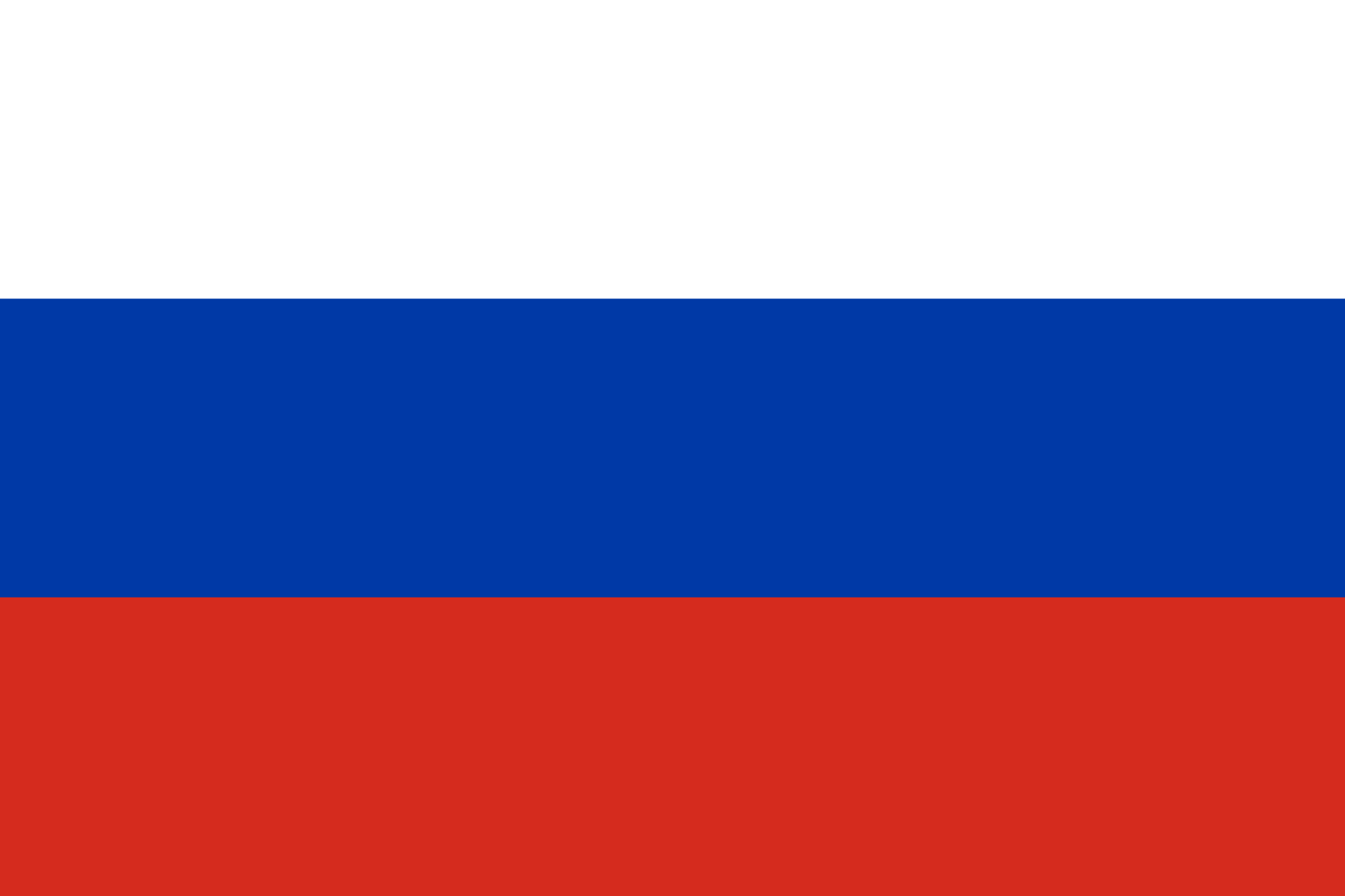 Russia
Russia
Contact:In 2023, astrobiological issues in Russia are discussed at three conferences:
- 4th All-Russian conference "Geological, biological and biogeochemical processes in solving astrobiology problems" (website in Russian), Pushchino, February 27 – March 2, where in particular the new program for the development of Russian astrobiology and its main directions were discussed. It was noted that cold and cryosystems, as well as in-orbit experiments, are the predominant astrobiology research areas in Russia.
Organizer: Institute of Physicochemical and Biological Problems of Soil Science RAS (Pushchino). - The Fourteenth Moscow Solar System Symposium (14M-S3), Moscow, October 9-13, which includes Astrobiology section, where both space missions and research related to astrobiology, as well as experiments modeling various extraterrestrial systems and prospects for astrobiology in Russia, were discussed. Organizer: Space Research Institute.
- 18th International conference on space biology and aerospace medicine “Earth – Orbit – Deep space”, Moscow, November 7–9, at which the problems of space biology and medicine, as well as astrobiology, are discussed.
The main organizers are Roscosmos and Institute for Biomedical Problems of the Russian Academy of Sciences (IBMP RAS).
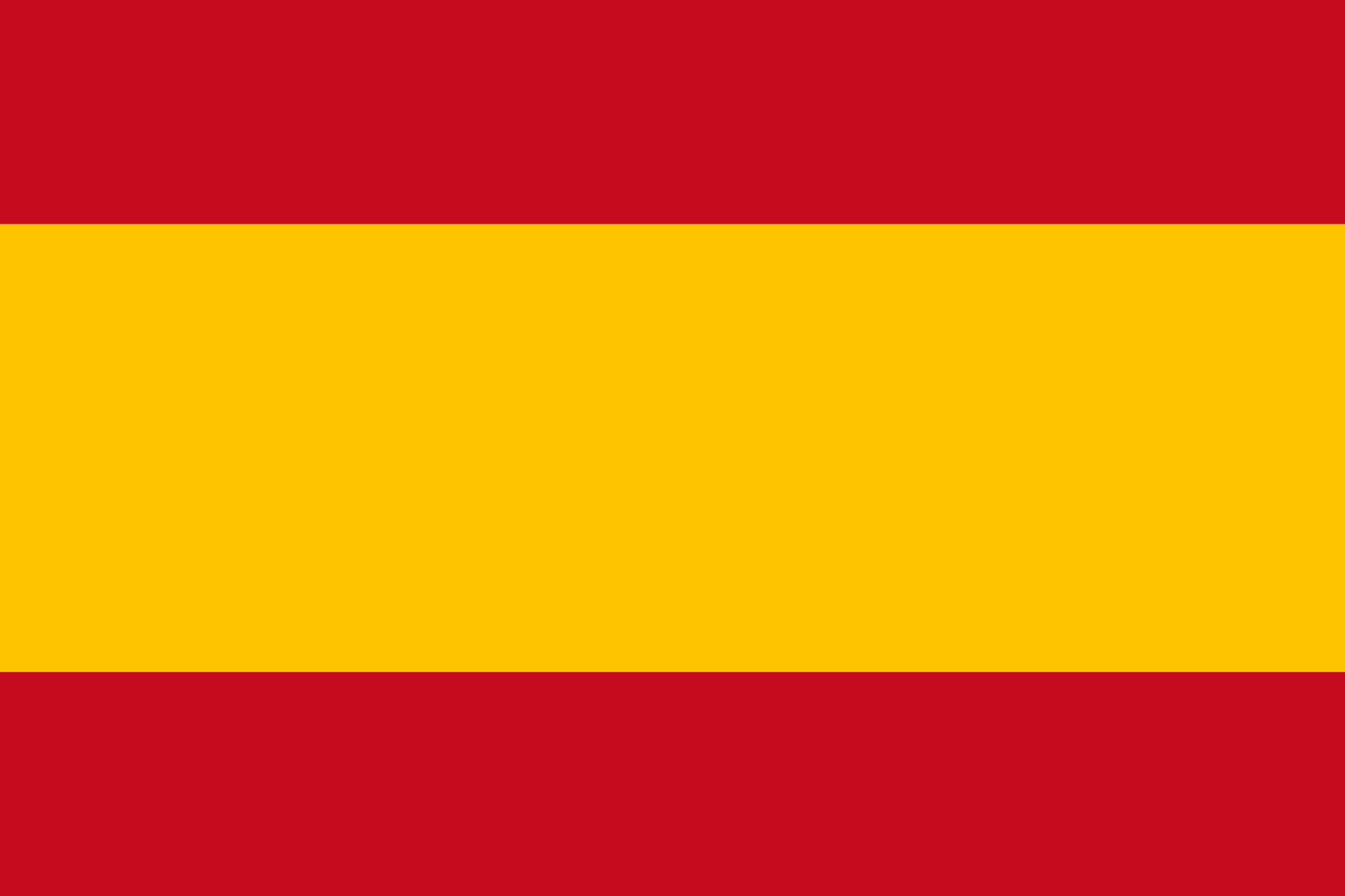 Spain
Spain
Contact:Astrobiological activities in Spain are promoted by REDESPA, the Spanish Network for Planetology and Astrobiology, and by CAB, the Center of Astrobiology of INTA. Initiatives are linked to science, education, outreach and communication.
REDESPA
- Collaborations
Spain: Universities Carlos III Madrid (Master in Space), Salamanca (IGCP-UNESCO), Politécnica Madrid, Complutense Madrid (Master), Camilo José Cela, Burgos (Master in Education), Málaga (Máster Chemical SS.), Instituto Calderón de la Barca.
South America: Instituto Astrobiología Colombia (Theoretical-practical course), Universidad Nacional Itapúa Paraguay. - Outreach initiatives: conferences of Habitability and Astrobiology (Moon, Mars and space resources near to Earth), with public, private, national and international institutions: Planetary of Madrid, Academy of Science, Engineering and Humanities of Lanzarote, Official College of Geologists, SpaceAstur, Institute of Material Science (Zaragoza), Russia House (Day of Cosmonautics), Quixote Innovation, interviews in radio and TV, and outreach articles (The Conversation, Investigación y Ciencia).
- Facebook: 3,5K followers
- Education, academic and training: Specific Course of Planetary Geology and Astrobiology with Instituto Astrobiología Colombia; Seminar of Planetary Analogs at Universidad Itapúa (Paraguay).
- Institutional activities: MoU: Space Agency of Paraguay, and Universidad Nacional Itapúa.
- Collaborations: Universities Alcalá de Henares (UAH), Madrid, doctoral program "Space Research and Astrobiology", other Universities in Master's and Doctorate programs.
- Outreach initiatives: BEACON2023; Communications to congresses: >100. Press Release: 15; News media: >30; Visit CAB web page: 70,914; Twitter: >12000 followers; Facebook: >4100 followers; Youtube: 2810 subscriptions; Instagram: 3396 followers; Visits to CAB: 36 schools, Others 10; Events: "International day of woman in Science".
- Education, academic and training activities: Student internships at CAB: 33, 45 PhD thesis, publications: 322 (scopus). EAI Academy 2023: 11 classes ; University of Tartu, awards 3 ECTS; Seminars (19) at CAB 2022.
- XIX International Astrobiology School "Josep Comas i Sola - Searching for Life on Ocean Worlds”, codirection by NASA Astrobiology Program and CAB: Organization and hosting the Mars sample return Campaign Science Group (MCSG) meeting at CAB. 20-24 February.
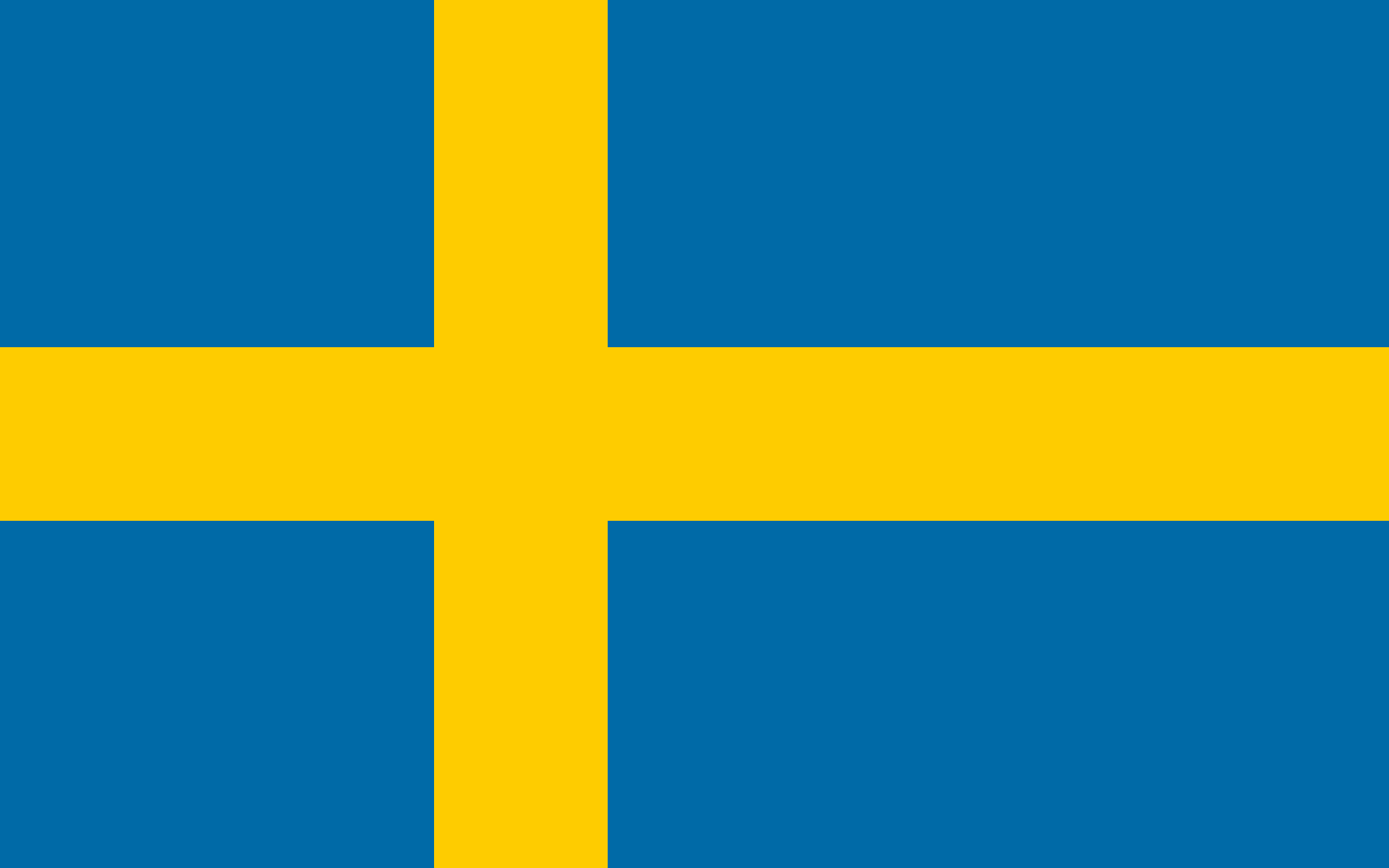 Sweden
Sweden
Contact:The SWedish Astrobiology Network (SWAN) comprises about 50 researchers in Sweden with a stated interest in astrobiology-related questions. The purpose of SWAN is to promote communication between researchers and dissemination of astrobiology-relevant information by providing a mailing list and occasionally organising astrobiology-themed workshops. Most astrobiology activities in Sweden are not organised by SWAN, but by various individual institutes and centres, e.g. by the Dept. of Ecology and Environmental Sciences (EMG) in Umeå or the STockholm University Astrobiology Centre (SU-ABC). Apart from local events, Swedish researchers typically participate in the organisation of international schools and conferences on a yearly basis. Recent examples are the 3-day summer school “Life on Earth and beyond”, co-organised by the EAI and Lund University on the island of Ven in June 2022 attracting some 40 international students from mostly Europe; and in June 2023 a longer 9-day summer school was co-organised in Nördlingen by the EAI, the SU-ABC, the Ries Crater Museum and the University of Neu-Ulm on the topic "Impacts and their Role in the Evolution of Life" with 23 international students.
 Switzerland
Switzerland
Contact:Several institutes/universities in Switzerland are interested/working on topics related to “Life in the Universe”, from its origin to its possible detection in our solar system or beyond. So far, we count the universities of Bern (Center for Space and Habitability), Geneva (Centre sur la Vie dans l'Univers), Lausanne, Neuchâtel, the Space Exploration Institute, the EPFL and the ETHZ (Center for the Origin and Prevalence of Life). The community is still in the process of organizing itself with the will to create a "Swiss Astrobiology Society" one day.
Several outreach events were organized this year on the topic: a poster exhibition in Geneva in May 2023 and an exhibition on the "Traces of life" on Earth but also on Mars, with a focus on the Rosalind Franklin rover in Neuchâtel. A doctoral school was also organized for microbiology students in Neuchâtel, who learnt about astrobiology for 2 days.
In March 2024, we will organize the first "Swiss Astrobiology Day" in Bern. We anticipate that it will attract a diverse community of researchers interested about the topic of Life. The plan will be then to repeat this every year to build a sense of community in Switzerland.
